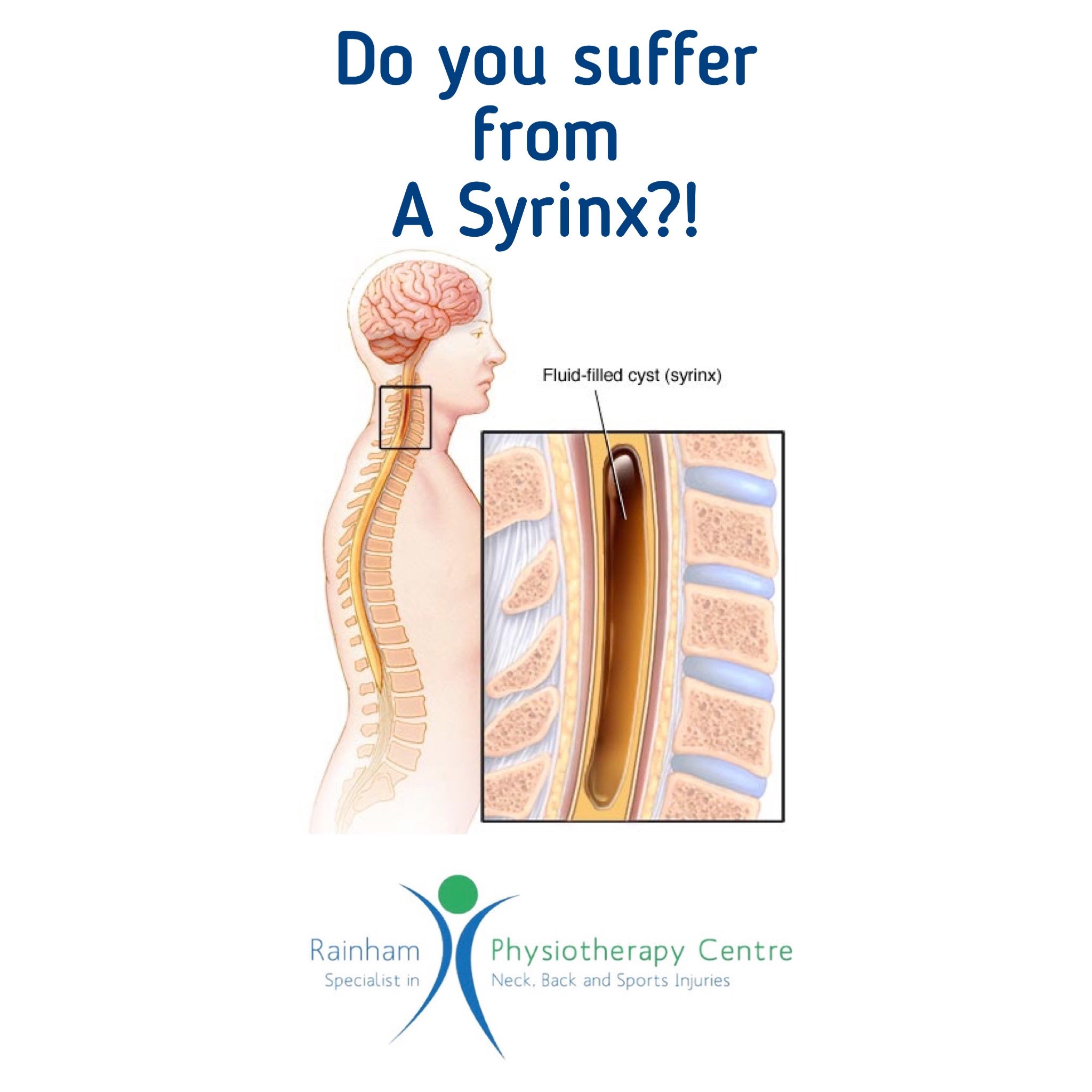Do you suffer from a Tarlov Cyst?
DO YOU HAVE A TARLOV CYST?!
–
Tarlov cysts are fluid-filled nerve root cysts found most commonly at the sacral level of the spine – the vertebrae at the base of the spine. These cysts typically occur along the posterior nerve roots. Cysts can be valved or nonvalved. The main feature that distinguishes Tarlov cysts from other spinal lesions is the presence of spinal nerve root fibers within the cyst wall or in the cyst cavity itself.
–
Due to the close proximity to the lower pelvic region, patients may be misdiagnosed with herniated lumbar discs, arachnoiditis and in females, gynecological conditions. An accurate diagnosis may be further complicated if the patient has another condition that affects the same region.
–
Although the exact cause is unknown, there are theories as to what may cause an asymptomatic Tarlov cyst to produce symptoms. In several documented cases, accidents or falls involving the tailbone area of the spine caused previously undiagnosed Tarlov cysts to flare up.
–
Any of the following may be present in patients that have symptomatic Tarlov cysts:
- Pain in the area of the nerves affected by the cysts, especially the buttocks
- Weakness of muscles
- Difficulty sitting for prolonged periods
- Loss of sensation on the skin
- Loss of reflexes
- Changes in bowel function, such as constipation
- Changes in bladder function, including increased frequency or incontinence
Tarlov cysts may be discovered when patients with low back pain or sciatica have a magnetic resonance imaging (MRI) performed. Follow-up radiological studies, in particular, computed tomographic (CT) myelography are usually recommended.
–
If you feel you may be suffering from a Tarlov Cyst, book in with us here at Rainham Physiotherapy Centre by calling 01644 377638 and arrange an initial consultation!


